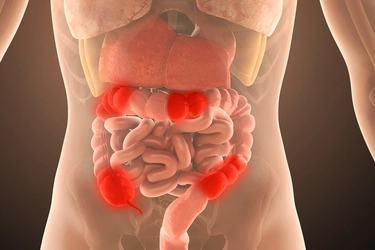- Get link
- X
- Other Apps
JUST IN
- Get link
- X
- Other Apps

Watermelon seeds, which can be eaten raw or dried, are rich in magnesium — which Derocha explains plays a key role in energy production, nerve function, DNA and protein synthesis, as well as blood pressure regulation. They also contain folate, which can help your risk for cancer and depression.
Healthier Heart
Watermelon is rich in an amino acid called citrulline that may help move blood through your body and can lower your blood pressure. Your heart also enjoys the perks of all the lycopene watermelon contains. Studies show that it may lower your risk of heart attacks. Of course, your whole lifestyle affects your heart health. So make sure you also work out, don’t smoke, limit saturated fat, and keep up with your doctor’s advice.
Protects Your Joints
Watermelon has a natural pigment called beta-cryptoxanthin that may protect your joints from inflammation. Some studies show that over time, it could make you less likely to get rheumatoid arthritis.
Easy on Your Eyes
Just one medium slice of watermelon gives you contains 9-11% of the vitamin A you need each day. This nutrient is one of the keys to keeping your eyes healthy. Foods are the best ways to get all the vitamins and minerals that your body needs.
Boosts Your Workout
Watermelon’s high water content, antioxidants, and amino acids may make for a better workout. It’s also high in potassium, a mineral that could cut down on cramps at the gym.
Easy to Digest
If you have a digestive condition like Crohn’s or colitis, the list of what not to eat during a flare can be long. You can put watermelon on your “yes” list. Its soft, fleshy fruit is easy for even an inflamed gut to digest. (Just don’t eat the rind or the seeds if you need to limit fiber.)

Comments
Post a Comment
Let know your comments